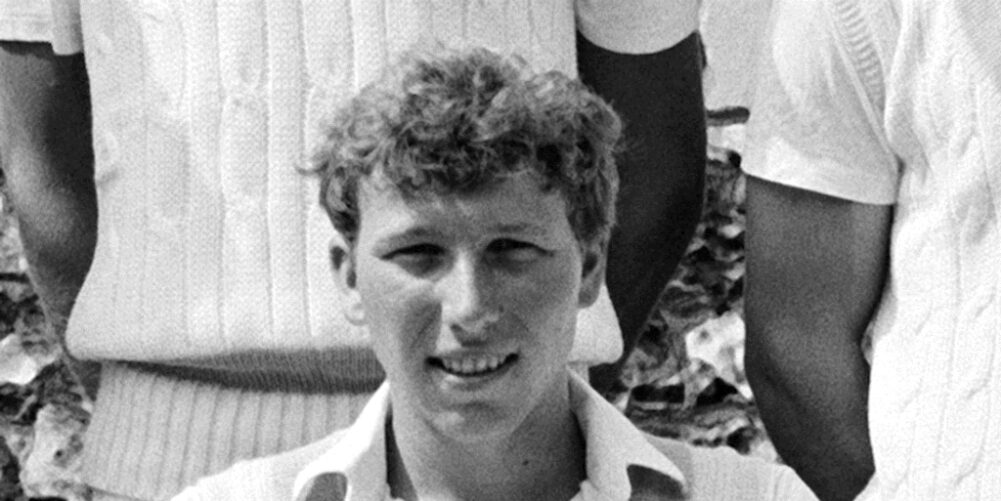(Photo: Getty Images)
Ed Smith, the National Selector and a graduate of Cambridge University, will announce his first England Test team next Tuesday. In eras past, such a team would likely comprise several players with university backgrounds, yet that has changed, perhaps irrevocably, given MCC have decided to withdraw their funding of undergraduate cricket.
Since 2005, MCC have sponsored six university centres of cricketing excellence (UCCEs) based in Cambridge, Cardiff, Durham, Leeds, Loughborough and Oxford to the tune of £56,360 a year. It has been a noble cause but as MCC’s overall priorities change, the money to those University centres of excellence will cease as of June 2020 – the saving no doubt diverted towards more pressing areas of investment such as the ground at Lord’s.
For many, losing such an amount would comprise more than half their annual budget. But while some of the UCCE’s would be able to find the shortfall, it would have dire consequences for those that couldn’t, with coaches and current programmes threatened with redundancy.
This may not happen should the England and Wales Cricket Board take up the UCCE cause, something they are proposing to do though not perhaps in its current form. Although the structure and detail have yet to be thrashed out, ECB are likely, as part of their Talent Pathway, to propose a similar structure to that used by the British Universities and Colleges Sport (BUCS) and their Super Rugby competition.
Introduced five years ago, Super Rugby has been reasonably successful in developing talented rugby players for the professional game while enabling them to complete a degree.
It is not yet all-inclusive. Cambridge, my old university, don’t partake for reasons that are historical and not without prejudice.
Before the professional era, they had a prestigious fixture list against leading clubs, as did the cricket team which played first-class cricket against the counties. As such, matches against other universities were minimal and there is a body of thought still that believes it should stay that way.
Cricket is more complex than rugby, so the model may not be directly transferrable. For one thing, the UCCE teams are combined, mostly in an attempt to increase their competitiveness and preserve what little of their first-class fixture list remains.
Whether ECB will retain those pairings is not yet known, but for some they have become farcical, such as Cambridge MCCU’s game against Essex last month. Then, for the first time ever, there was not a single Cambridge University student in the team. Instead, the entire eleven came from Anglia Ruskin University.
Given some of the great cricketers that Cambridge has produced over the years – Peter May, Ted Dexter, Michael Atherton, Majid Khan, Ranjitsinhji, David Shepherd and Hubert Doggart – it is little short of a scandal and a legacy betrayed.
But does anyone care? The admissions tutors at Cambridge and Oxford don’t appear to. No longer are they prepared to admit talented sportsmen and women who miss the odd grade. Although the benefits of exercise and team sports on mental wellbeing are well known, there appears little moral imperative to uphold that connection, at least when compared to those going into professional sport having something else, like a degree, to fall back on.
It is the rise of that responsibility to provide pastoral care for potential cricketers, that will probably ensure ECB’s commitment to University cricket. Whether they will commit to protecting the money MCC gave each year remains to be seen, but at least there appears to be an appetite to keep the game relevant at university level.
Back when I played for Cambridge in the early 1980s, there was little expectation for the cricket team to compete against the counties. Yet it served a purpose by giving the pros an early season sighter and the rest of us a sound cricketing lesson, without the pressure to win. I certainly learnt more at Fenners than playing for Essex seconds, not that I went solely for the cricket.
That world has all but gone now, and while it never felt great at the time, getting whacked about by Graham Gooch and Viv Richards, or being bounced by Sylvester Clarke, I thank my lucky stars that it was part of my university education.












